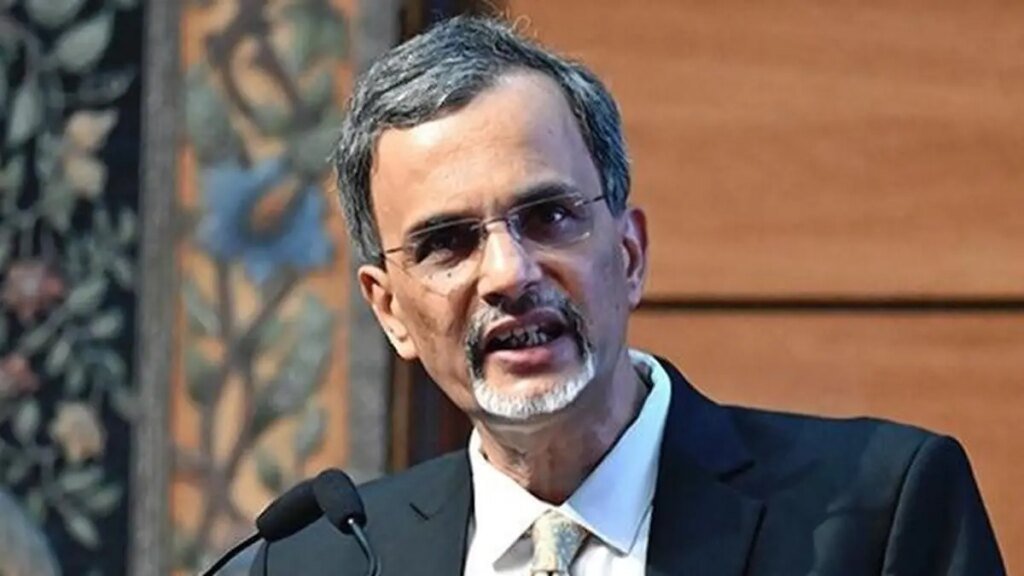Advancing domestic, international expansion plans for 2026, says IndiGo’s CEO

IndiGo CEO Pieter Elbers
| Photo Credit:
REUTERS
Advancing its domestic and international expansion plans for 2026, IndiGo is poised to become the first airline to launch commercial operations at two of India’s upcoming airports.
The carrier is set to serve as the launch airline at both the Navi Mumbai International Airport (NMIA) and the Noida International Airport in Jewar (NIA).
Speaking to businessline, Pieter Elbers, IndiGo’s CEO, said the airline is advancing both its domestic and international expansion plans for 2026.
“Our vast route network of over 90 domestic and more than 45 international destinations, along with new long-haul services to European gateways including Amsterdam, Manchester, Copenhagen, and London Heathrow — with Athens commencing in January 2026 — reflect our commitment to meeting growing travel demand,” he said.
Besides, IndiGo is reinforcing its presence in Asia by establishing links to cities such as Guangzhou, Siem Reap, Hanoi, and Denpasar.
Apart from its international expansion, IndiGo has recently added new domestic airports, including Adampur, Hindon, and Purnea, supporting regional connectivity.
According to Elbers, the airline remains on track to induct one aircraft per week from its order book of over 900 aircraft and has undertaken additional damp lease arrangements to ensure operational readiness during peak months.
To support long-haul operations, IndiGo has a strategic damp lease arrangements with Norse Atlantic Airways, which currently operates four Boeing 787-9 aircraft on European routes, with two more expected soon.
“These steps will allow us to serve 50 international destinations by the end of FY26,” he added.
Furthermore, he cited that despite global headwinds and challenges within the Indian aviation sector, India’s domestic market has maintained steady growth in 2025.
Elbers attributed this to economic growth, increased travel from tier-2 and tier-3 cities, a growing middle class, and a sustained preference for air travel as an efficient mode of transport.
Looking ahead, he reiterated IndiGo’s goal of becoming a global airline by 2030 which is guided by the strategic plan, ‘Towards New Heights and Across New Frontiers’.
“The induction of the Airbus A321XLR in the coming months, and the A350-900 from 2028, are key milestones that will enable non-stop long-haul routes to Europe and other markets,” he explained.
Additionally, IndiGo aims to increase international capacity to 40 per cent of total capacity by FY30.
Notably, the airline is also investing in employee training and skill development to support long-haul operations.
Moreover, digitisation and artificial intelligence are being deployed to enhance operational efficiency, optimise fuel consumption, and automate data-driven decision-making.
Elbers emphasised that IndiGo’s “India-first” identity will remain central to its global expansion.
“Our roots are unmistakably Indian, while we operate globally. The network is already strengthening India’s position as a hub for trade and tourism,” he said.
As per the airline, new international routes are expected to open corridors for Indian exporters, MSMEs, and cultural exchange, with destinations such as Athens and Siem Reap forming part of this growth strategy.
In addition, the airline has strengthened global partnerships and codeshare agreements with 12 carriers.
Recently, IndiGo, Delta Air Lines, Air France-KLM, and Virgin Atlantic signed a Memorandum of Understanding to establish a global partnership, and agreements with KLM, Aegean Airlines, and China Southern Airlines have been expanded to enhance connectivity across Europe, North America, Australia, and Asia.
Published on November 23, 2025



